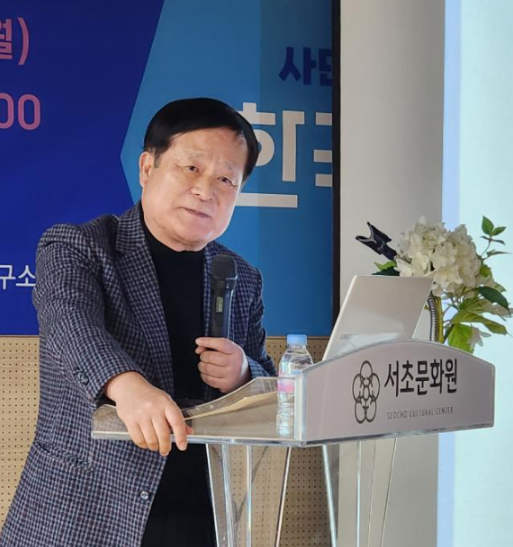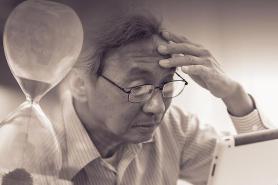
SEOUL -- Longevity researcher Park Sang-chul has encouraged South Korea to create an infrastructure where anyone can engage in social and economic activities regardless of their age. The gerontologist anticipates a growing demand for such systems due to the significant increase in the number of healthy elderly individuals resulting from advancements in science and medical technologies.
South Korea is an aging country where about 30 percent of the population would consist of people aged 75 years and older by 2073. The aging society is accelerated by a low birth rate that continues to drop to 0.78 babies per couple as of 2022. Government data project a life expectancy of 80.6 years for South Korean males born in 2023 and 86.4 years for females.
According to a study conducted by a research team led by Imperial College London's environmental health professor Majid Ezzati, South Korea is expected to become the longest-living nation in 2030. The research team predicted that a South Korean female infant born in 2030 to have a life expectancy of 90.8 years, while the life expectancy for South Korean males is anticipated to be 84.1 years.
"It is crucial to establish an infrastructure for healthy individuals, rather than solely focusing on welfare for the elderly in poor health," Chonnam National University's distinguished professor Park told Aju Korea Daily on January 22. Park emphasized the need for a shift in South Korea's welfare system, which currently concentrates on caring for those with physical ailments. He suggested this change should enable more social participation for older individuals with normal physical functions.
According to Park, autonomous driving will further improve the quality of the elderly. "Unlike in the past when children or neighbors had to assist old individuals to move around freely, self-driving technologies are allowing the elderly to meet whomever they want," he said, adding that older generations are gaining more opportunities to pursue happiness.
Park believes there should be no age limit on occupational activities. "To preserve human dignity, anyone who lives long should be able to work until they pass away. There is no reason to stop working as long as biological functions are not impaired," he said. The researcher said continuous self-development can significantly help to maintain mental well-being.
In November 2023, Park collaborated on publishing a book titled "The Secrets and Evolving Trends of Korean Longevity" with three other editors. The purpose of this book is to deliver a message encouraging centenarians to confidently discover ways to live fulfilling lives while pursuing their interests and careers. Park stresses the elderly should strive for self-reliance and engage in interactions within their community.
"Interaction is essential in overcoming loneliness. Older adults should consistently socialize with others to reduce depression," Park said, highlighting the importance of socialization in their lives. He also aims to share factors that have contributed to the increase in South Korea's longevity. "The increase in Korean longevity can be attributed to a combination of lifestyle factors, a well-functioning healthcare system, public health initiatives, and cultural values," he explained in the book, expressing his hope that other nations will adopt South Korea's strategies.
Copyright ⓒ Aju Press All rights reserved.




